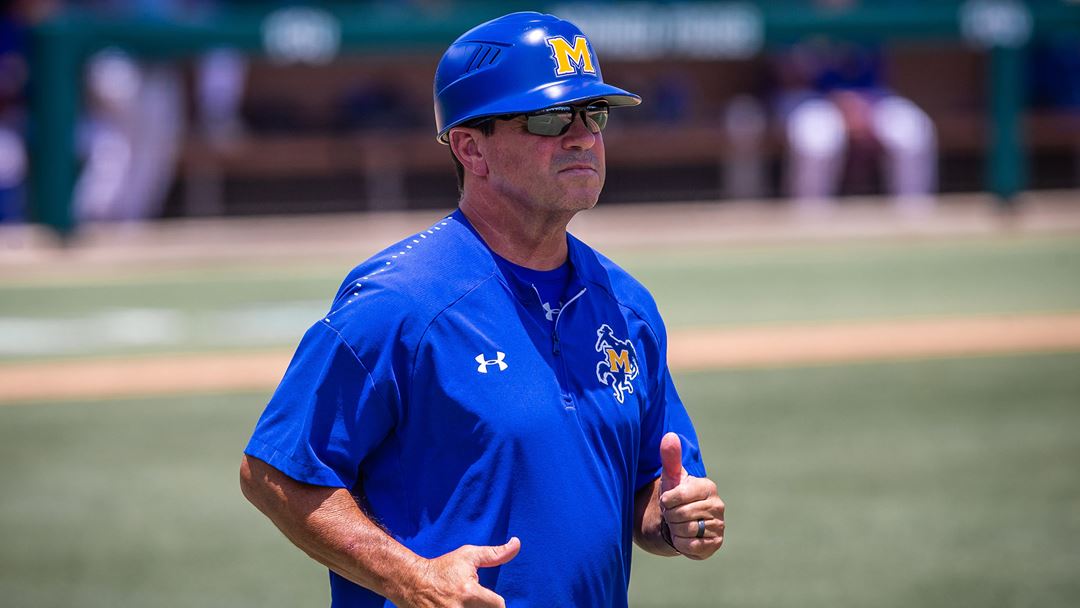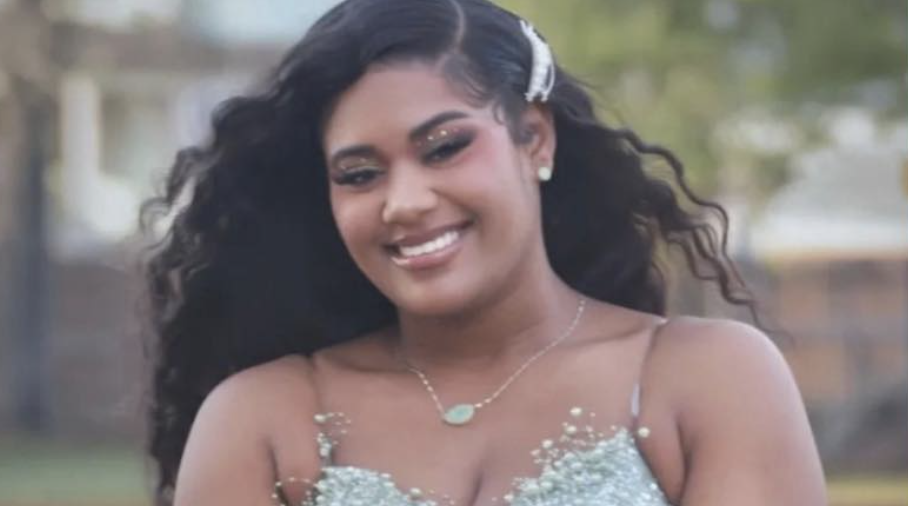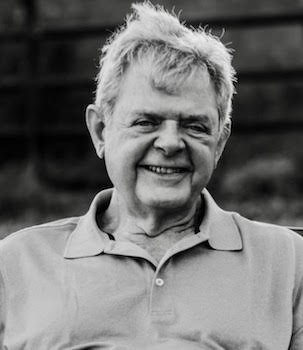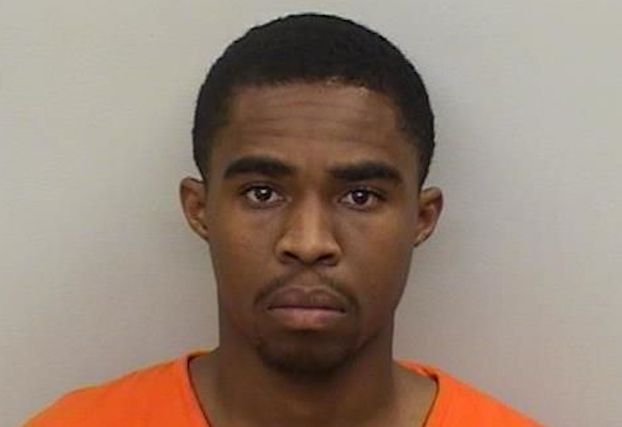Dubois: The Great Gatsby II: Electric Boogaloo
Published 10:05 am Monday, April 29, 2013
OK, the approaching motion-picture remake of F. Scott Fitzgerald’s classic novel is not the second film called The Great Gatsby, so I’m taking some creative license with my subject line, but compared to director Baz Luhrmann, it’s hardly license.
It’s more like a learner’s permit. Or a note from Epstein’s mother.
Anyway, among the 10 or so trailers I saw before a movie the other day were previews for such films as The Hangover Part III and The Great Gatsby. Although I am certain the former is the funnier movie, I laughed loudest at the trailer for the latter. Baz … seriously, dude?
True, I shouldn’t be surprised. Search online for Luhrmann and you’ll find such phrases as “anachronistic and egregiously over the top” and “usual flare for blingy anachronisms and over-the-top visual drama” and “ruined Moulin Rouge.” Or, this: “If Luhrmann’s going to use an anachronistic soundtrack why not just set the story in modern or a near future time?”
Exactly.
All I know is, when I think about The Great Gatsby, I think about Beyonce and Andre 3000. Don’t you? Well, and this:
Nothing says Roaring Twenties like a song from 1967 reinterpreted more than 40 years later in a style that didn’t exist either in the ’20s or the ’60s, right? Goodness, the nightmares you could have from listening to that all of the way through.
Oh, I kid, I kid. But seriously, I think I saw some of the Fly Girls in the trailer, and later someone doing the talk-to-the-hand gesture. But I can’t be sure. It all flew by so fast.
I get that I am probably not Baz Luhrmann’s target demographic. I get that the trailer is visually stunning and has “energy.” If that’s all that matters, why not remake The Great Gatsby by giving that name to an ultra marathon set in Monument Valley? Imagine the energy you’d need!
It’s true the Robert Redford/Mia Farrow version of The Great Gatsby from 1974 could have used a bit more energy, but this appears to be over correction.
With Luhrmann, you’re constantly reminded of that Sesame Street song: “One of these things is not like the others; one of these things just doesn’t belong,” except in his case, it’s many, many things in his films. As another person posted online: “Ah, but in this novel and in the JAZZ AGE, music existed as a force. This method ruined Moulin Rouge because, again, music was a force in the story, and you can’t do dumb stuff with it and hope to succeed.”
As for the notion that the trailers are made to convince people to buy tickets — and are not necessarily a reflection of the final version of the film — well, Luhrmann’s history suggests what you see (and hear) is largely what you’ll get.
I am not so closed-minded as to think artists can’t stretch and re-imagine the classics, but I thought the point of a period piece was to evoke the tone and context of the period, not those of 80-90 years into the future. As someone said earlier, just set it in the 2000s and go from there.
Last night’s episode of Mad Men ended with the song Love is Blue from 1968, the period in which the episode was set (April 4, 1968, to be exact, the day of Martin Luther King Jr.’s assassination, and its aftermath). For many who watched the show (and there is evidence of this online), the notes from the song immediately struck a chord in those who lived through that era, so it was evocative of the period.
One shudders to think of that episode of Mad Men in the hands of Baz Luhrmann. With Luhrmann, a period piece is not that at all. It’s more of a … what? An ellipsis piece? A hyphen piece? An ellipsis/hyphen piece? A period-slash-asterisk piece?
Slash definitely needs to be in there somewhere.
(Special to the American Press)





